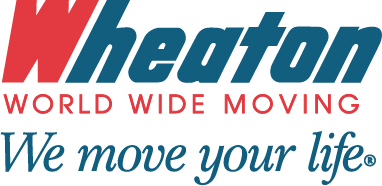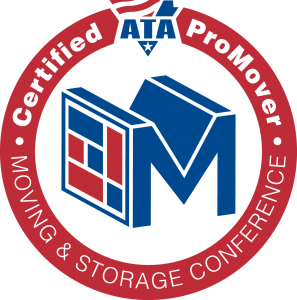Hiring movers to transport your household belongings is a normal part of a move. Unfortunately, some unscrupulous individuals aim to take advantage of others by scamming them during the moving process.
The first step in dodging a scam is knowing what to look for. Here are four typical moving scams that unethical companies use to defraud consumers—as well as steps you can take to avoid them.
The Hostage Load
In the “hostage load” scam, movers will pack up your belongings, drive them away, and then keep them. In some cases, the movers will ghost the customer, providing no contact, updates, or information about where their possessions are or how to get them back. In other cases, the movers will invent reasons why the customer needs to pay additional money to receive their property. Sometimes, customers will eventually get their stuff—other times, they never see it again.
The best way to avoid this scam is to watch for red flags before the move happens. Are the movers evasive or non-specific about the timeline of the move? Do they hound you for your business but then refuse to answer basic questions? Do they show up late? Is the moving truck unmarked or branded as a rental truck? If the answer to any of these questions is yes, put a stop to things and find a new company!
Phone-Only Estimates
When you hire a moving company, they typically survey your belongings and give a cost estimate for the move. If a company will only do an estimate over the phone, that’s a clear sign that something’s not right. Legitimate movers will do an in-person or video call assessment before giving an estimate. If a moving service tries to skip this step, they’re probably looking for a way to overcharge you or claim that the estimate is invalid because you have more items than you said you did.
If a moving company insists on a phone estimate, send them on their way! No matter what they say, a phone-only estimate is not normal for any moving service.
Deceitful Deposits
Many moving companies ask for a deposit or down payment—usually 20% or less of the total estimate. If your movers ask for a down payment that’s more than 20%, that often means there’s something shady going on. This is especially true if they refuse credit card payments and insist on cash.
If you’re working with a moving company that demands a large deposit or only accepts cash, it’s time to decline their services. There are plenty of reliable movers out there who will handle your move fairly and responsibly.
A Missing Paper Trail
When you hire a moving company, there’s a certain amount of paperwork involved. Number one, your movers should give you a packet called “Your Rights and Responsibilities When You Move.” All movers are legally required to give this to customers before interstate moves. If your movers don’t know what this is or refuse to provide it, they’re not the right company for you.
Similarly, if a moving company won’t furnish an accurate bill of lading (a kind of receipt that details the goods being shipped), or if they try to get you to sign blank documents or partial contracts, they’re probably trying to pull one over on you. Cut them loose and find movers you can trust.
Moving can be stressful. Ideally, your movers should help alleviate that stress, not add to it. If you see any of these signs of a scam or have a gut feeling that something is off, it’s your right to cut ties and find a moving company you can count on.
If you need local or long distance movers in Burlington or the area, call the team at Chase Moving and Storage today. Our family-owned company has been helping others move for over 100 years. We pride ourselves on offering exceptional customer service and we strive to make every move as smooth as possible. Chase Moving and Storage—THE MOST TRUSTED MOVERS SINCE 1908.






